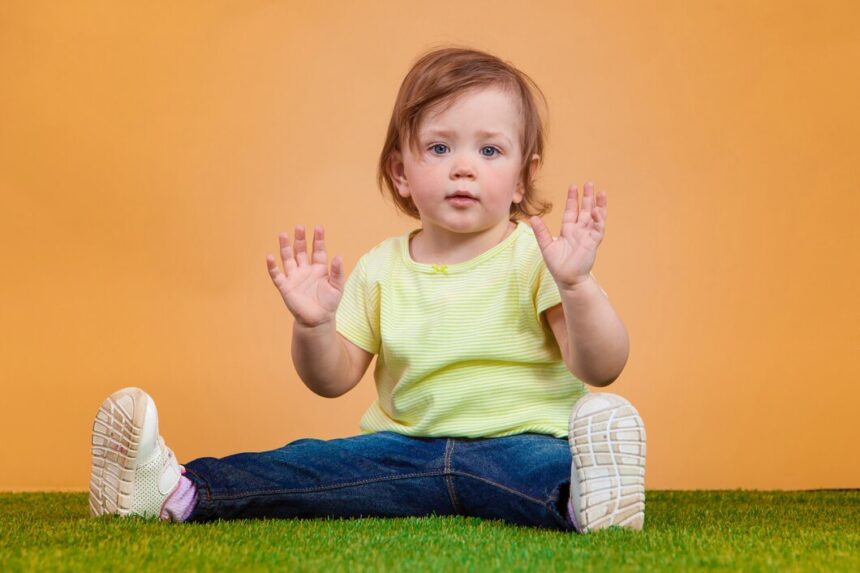As your baby approaches their second birthday, you’ll likely notice remarkable changes in their development. The second year of life is a period of significant growth, with milestones in physical, cognitive, social, and emotional domains. Here’s a comprehensive look at what to expect during this exciting stage.
Physical Development
By age two, toddlers typically exhibit increased coordination and physical abilities. Key milestones include:
- Walking and Running: Most toddlers can walk confidently and may even start running or climbing. Their balance improves, allowing them to navigate uneven surfaces with greater ease.
- Fine Motor Skills: Skills like stacking blocks, turning pages in a book, and using utensils become more refined. You might also see them attempting simple tasks like dressing themselves or brushing their teeth with assistance.
- Gross Motor Skills: Activities like jumping with both feet off the ground and kicking a ball become more coordinated. They often enjoy physical play, such as climbing on playground equipment or dancing to music.
Cognitive Development
At this stage, cognitive skills are rapidly developing. Expect to see:
- Language Skills: Vocabulary typically expands to 50-100 words or more. Two-year-olds begin to string words together to form simple sentences and may follow basic instructions.
- Problem-Solving Abilities: They engage in more complex play, such as completing simple puzzles or experimenting with cause and effect. For example, they might figure out how to open a container or use toys in imaginative ways.
- Memory and Recognition: Toddlers can recognize familiar people, places, and objects. They may recall recent events or anticipate routine activities.
Social and Emotional Development
Social interactions and emotional understanding become more pronounced as toddlers approach their second year:
- Social Interaction: Toddlers start to engage in parallel play, where they play alongside other children without directly interacting. They may also show interest in group play and simple cooperative activities.
- Emotional Expression: They can express a wider range of emotions, including joy, frustration, and empathy. It’s common to see tantrums or mood swings as they navigate their feelings and assert their independence.
- Attachment and Affection: Affection towards parents and caregivers is strong. They may show comfort by seeking hugs or expressing attachment through gestures or words.
Tips for Supporting Development
To support your child’s growth at this stage, consider the following:
- Encourage Exploration: Provide a safe environment where your child can explore and practice new skills. Offer toys that promote creativity and problem-solving.
- Foster Language Development: Engage in conversations with your child, read books together, and sing songs to enhance their language skills.
- Support Emotional Growth: Offer comfort and understanding during emotional outbursts, and encourage positive social interactions with peers.
Each child develops at their own pace, so these milestones are general guidelines. If you have concerns about your child’s development, consulting with a pediatrician can provide personalized guidance and reassurance.
As your toddler continues to grow, you’ll witness their emerging personality and capabilities, making these early years a truly rewarding journey.










